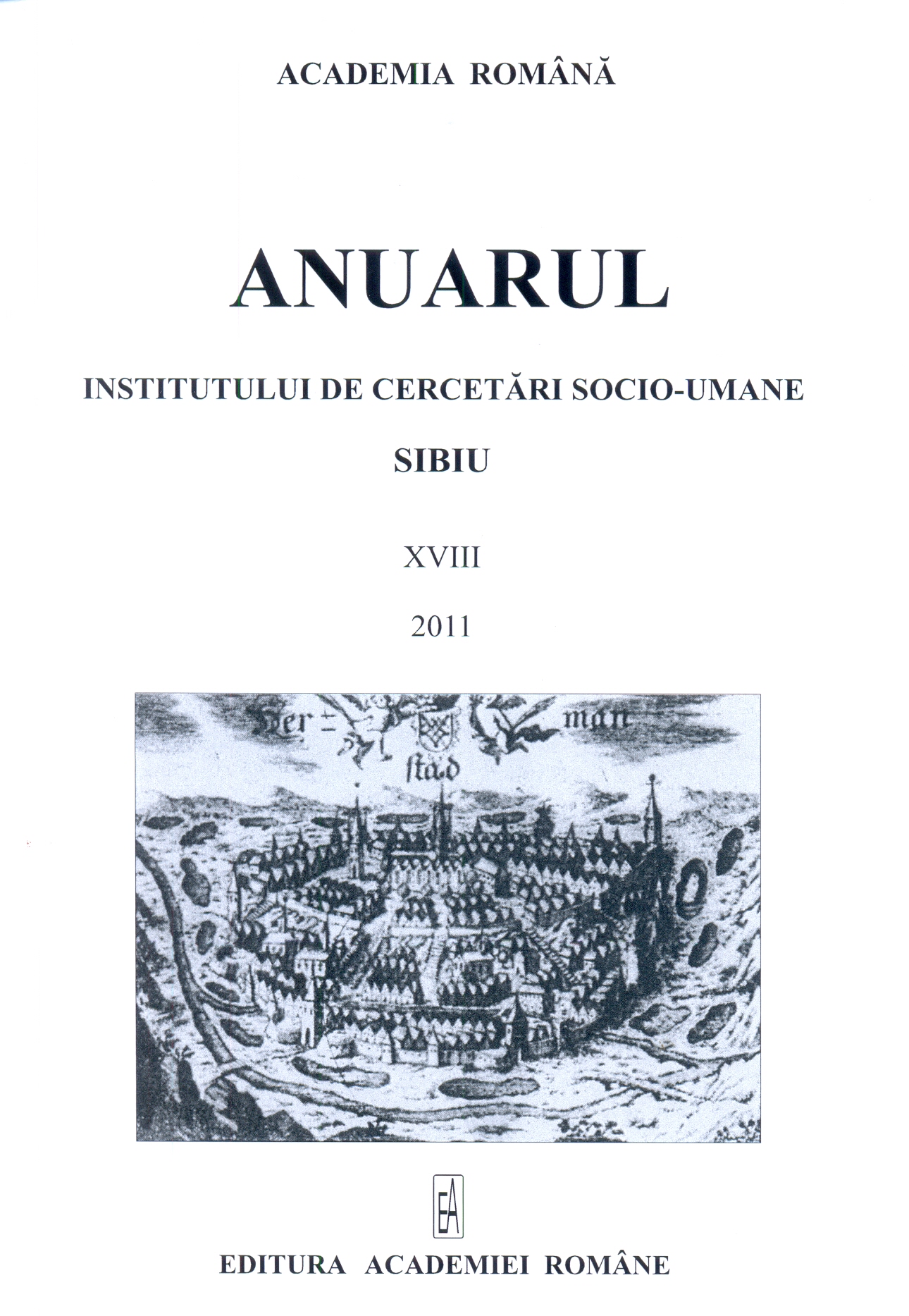EMIL CIORAN ŞI MITURILE VINOVĂŢIEI
EMIL CIORAN AND THE MYTHS OF GUILT
Author(s): Carmen OprisorSubject(s): Contemporary Philosophy
Published by: Editura Academiei Române
Keywords: guilt; Fiesco’s complex; Mioritza; glory; history;
Summary/Abstract: The most profound drama that Cioran experienced was caused by the so-called “Fiesco’s complex”. It is about the pain of the one who feels that he leads a “ridiculous” life, that means to be a genius in a too narrow and insignificant space where nobody will ever appreciate his value. Cioran thinks that Romania, is a very small country on the world’s map so it seems too devoid of fame and energy. The myth of Don Quijote, the character who ended his life in seclusion, represents in Spain’s history a moment of defeat. But Spain had already lived its times of glory while a country like Romania is still buried in a deep “historical sleep”. In the Romanian culture, the myth of Mioritza is a harmful one, in Cioran’s opinion. The meaning of this ballad maintains the nothingness, the vanity of the human acts. The attraction for death destroys our creative energies and prevents us from progressing. In Cioran’s earliest writings he urges his people to find the energies and „the will to create history”. That implies our will to overcome our “vegetable life”, to surpass our condition by acting. We can rediscover our identity if we prove we are eager to build a better life for us and to modernize our old structures.
Journal: Anuarul Institutului de Cercetări Socio-Umane Sibiu
- Issue Year: XVIII/2011
- Issue No: 18
- Page Range: 127-133
- Page Count: 8
- Language: Romanian
- Content File-PDF

